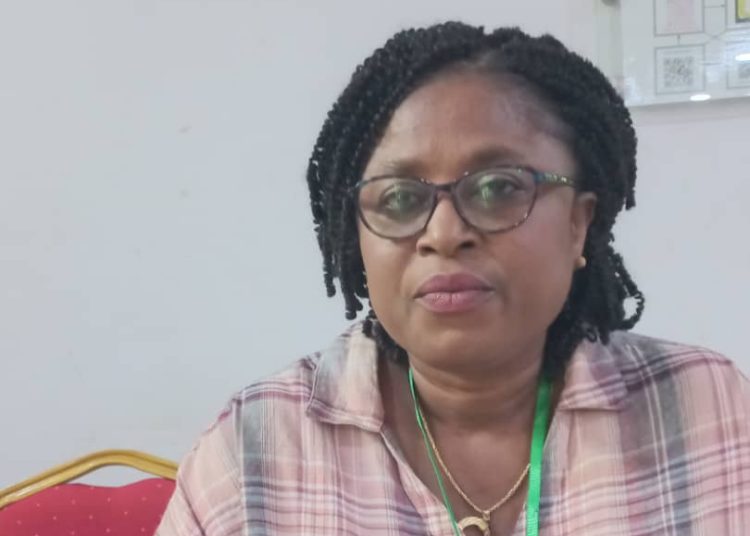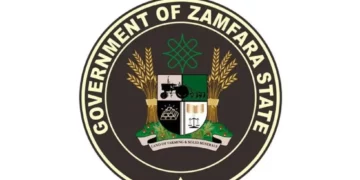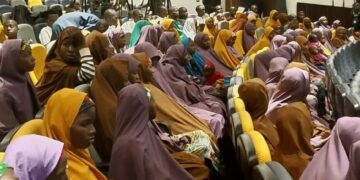The Nigeria For Women Project (NFWP) has said that it has helped to improve the overall livelihoods of women in the targeted states of Nigeria, while reducing domestic violence and other social norms that violate their fundamental human rights.
Speaking to LEADERSHIP, the Coordinator, Ogun State chapter of NFWP, Mrs Bolanle Olatoni Fadairo, explained that the Project had conducted survey on social norms before the commencement and implementation of the programme in targeted states but since the programme began, most of the stereotypes and norms have gradually been eroded.
The NFWP is a five-year project of the federal government of Nigeria with support from the World Bank, aimed at supporting Nigerian government’s efforts of ensuring gender-equality and improving women’s economic well-being at individual, household level and the community at large.
The project, which is winding down in March 2023, has, since flag-off in December 2020, exceeded its target of 54,000 women to 63,331 beneficiaries in three local government areas of Ogun State, due to wide acceptance.
The State Coordinator explained, “In one of the communities in Taraba State, women were not allowed to use phones. But when the women affinity groups (WAGs) were formed, there were discussions centred around it and in no time, the narrative changed.
“In Ogun State, things have changed during this programme. Same in Abia, Taraba, Niger and Kebbi where we are carrying out implementations.
“This project is an initiative of the targeted State Ministries of Women Affairs. We have seen over the years that women have been marginalised especially in wealth creation. If you have a rich woman, you have a rich community, so it makes sense to try to bridge the gap. In Ogun State, you have a better gender structure.”
A member of one of the WAGs in the State, Oladotun Oguntade, disclosed that prior to joining WAG, she was a victim of domestic violence but all that changed for good now that she is empowered and can contribute to the income of the home through her association with WAG.
Meanwhile, a traditional ruler, Chief Akani Fatola, Baale of Camp Hall, urged the states and federal government to create a parallel programme for men too, considering the overwhelming success of the NFWP’s Women Affinity Groups (WAGs).
He said, “Initially, people were rejecting it but after enlightenment, they embraced it and the project has received wide acceptance in Ogun.
“They’re enjoying it so much that it’s reflecting in the households and economy. There is peace in our homes and families are eating well now.”





